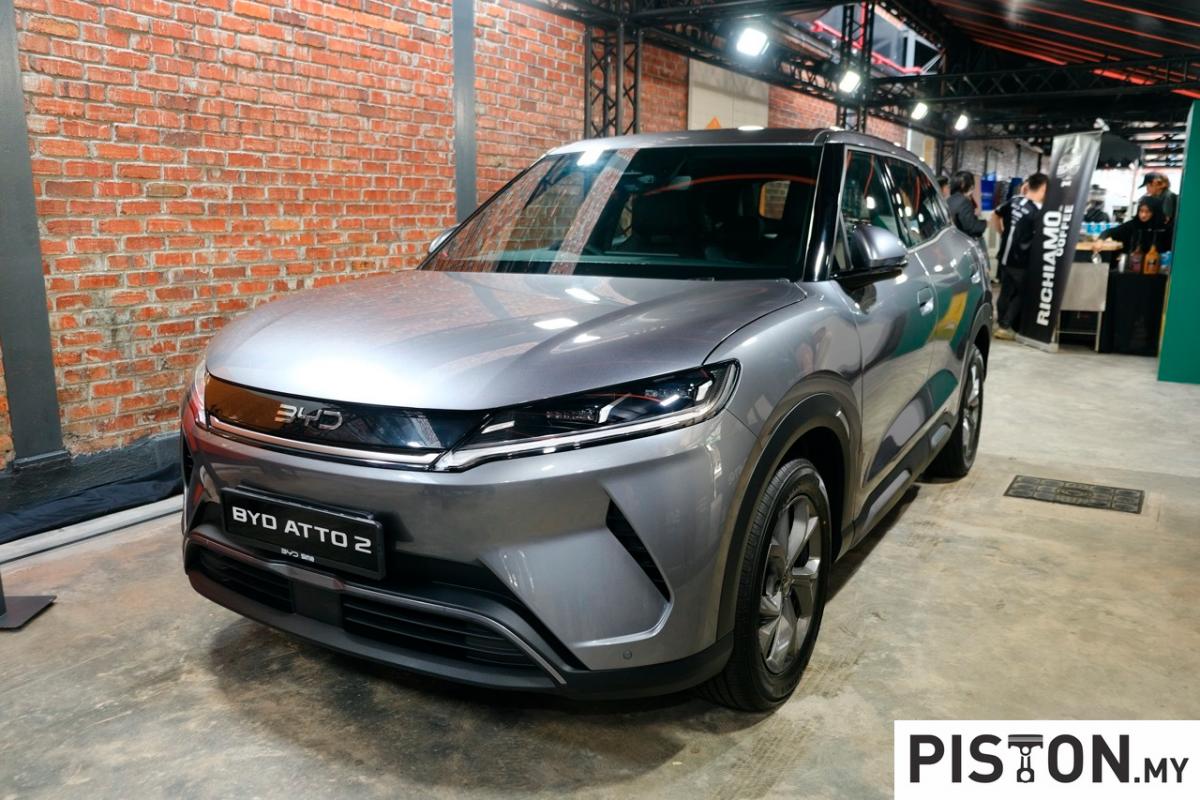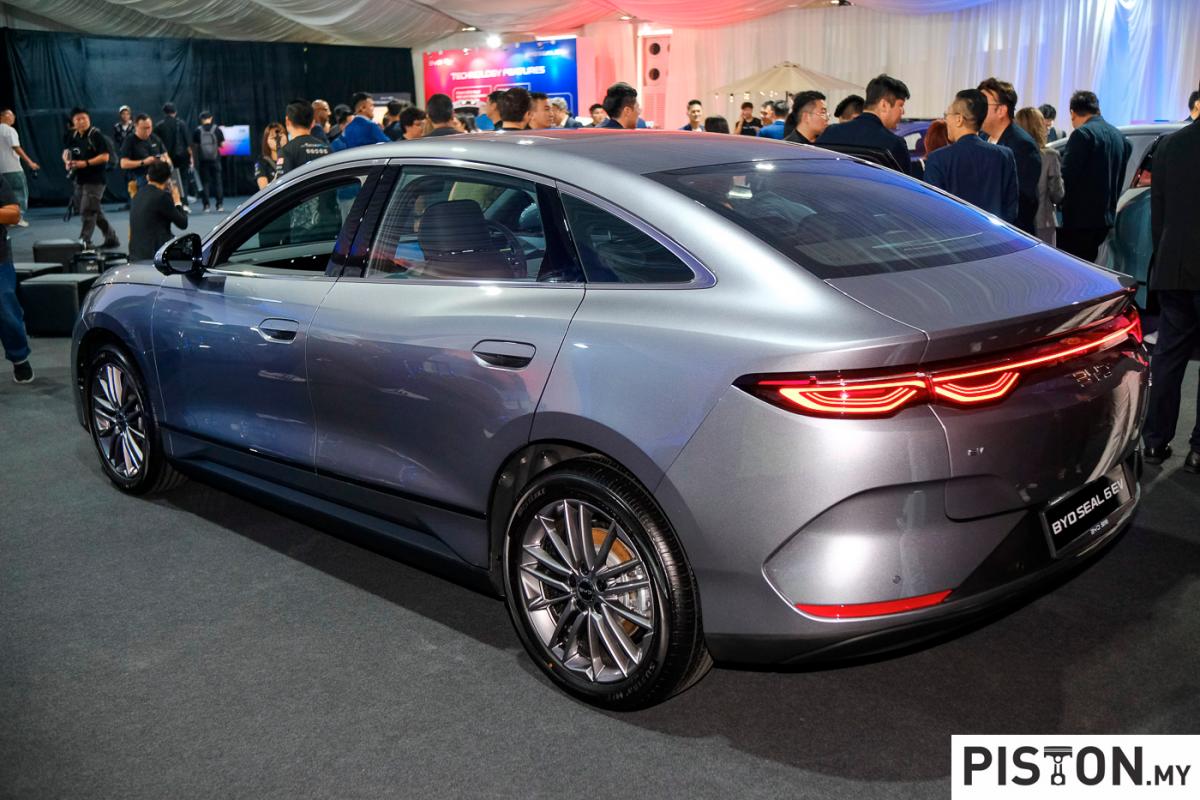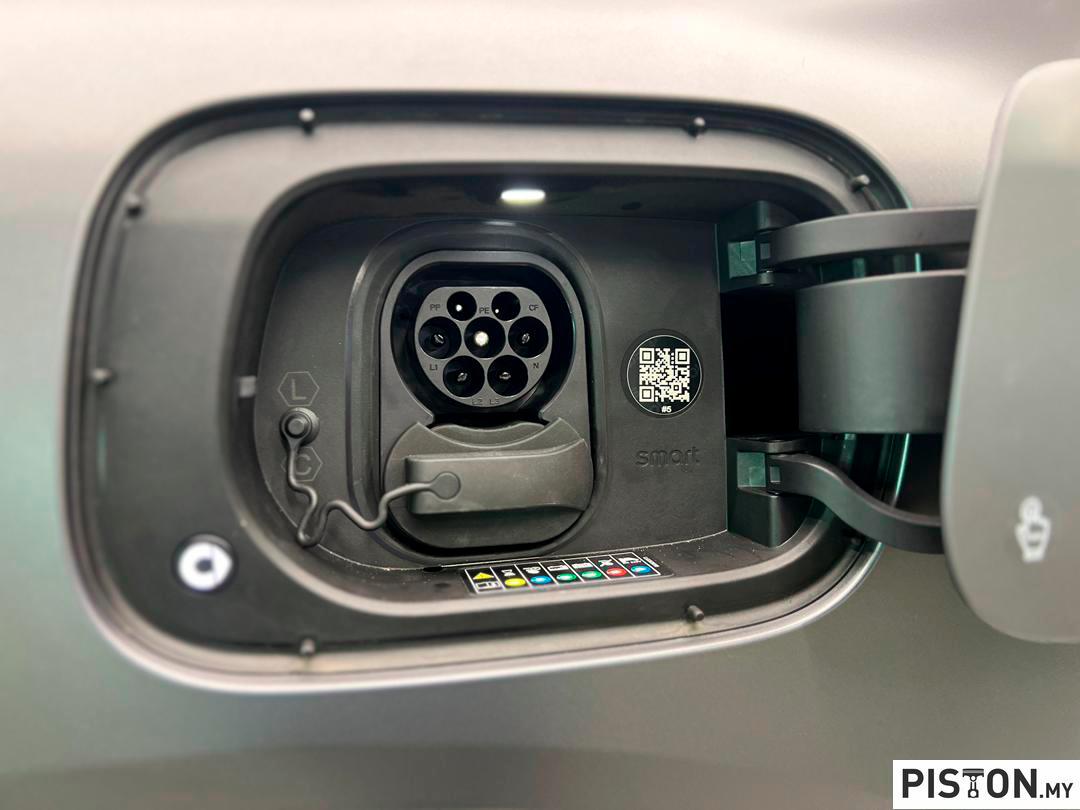From 1 January 2026, electric vehicle (EV) owners in Malaysia will no longer enjoy tax-free motoring. The government has announced that road tax for EVs will be introduced at rates starting as low as RM20 per year, with the highest tier capped at RM850 annually.
The new structure is based on motor output (kW), rather than engine displacement, as applied to internal combustion engine (ICE) cars. By linking road tax directly to motor power, the system indirectly ties in with the price and performance of each EV. Smaller, affordable models will be taxed at the lower end, while high-powered luxury EVs will sit at the top of the scale.
Datuk Shahrol Halmi, President of the Malaysia EV Owners Club, pointed out that the rates are far lower than the pre-2022 formula, which many had feared would return once current exemptions expired. He described the announcement as a welcome surprise, noting that a model like the BYD Atto 2, with a 130kW motor, would only attract an annual road tax of about RM120.

While members of the club were pleased with the outcome, he also acknowledged there is confusion among consumers, since ICE and EV taxation use very different benchmarks. Shahrol suggested that the Road Transport Department (JPJ) needs to clarify this difference more clearly to avoid misunderstandings.
Experts agree the new scheme aligns with Malaysia’s climate commitments, particularly under the Paris Agreement, where the nation pledged to cut greenhouse gas intensity by 45% by 2030. Universiti Sains Malaysia’s transport specialist, Assoc. Prof. Dr Nur Sabahiah Abdul Sukor, explained that motor power is the global standard for EV taxation, but warned that it is not directly comparable with engine capacity for ICE cars.
He added that while the low rates work as an incentive in the short term, Malaysia will eventually need to shift towards a carbon emission-based tax system that is both fairer and more sustainable.
Concerns have also been raised about whether the new tax structure truly benefits the wider population. UiTM environmental economist, Assoc. Prof. Dr J.S. Keshminder, noted that the system indirectly favours higher-income groups who are currently the biggest buyers of EVs.
He argued that while lower road tax may encourage wealthy households, ordinary Malaysians are still put off by high upfront prices and limited driving range. He stressed that only with targeted subsidies and wider access to public charging infrastructure can EVs become genuinely attainable for middle-class drivers.

Malaysia first introduced full exemptions on road tax, import duty and excise duty for EVs back in 2022 to accelerate adoption. These exemptions will expire at the end of December 2025, after which the new rates will immediately take effect.
At the bottom of the scale, compact EVs will see road tax from just RM20 a year, while large, powerful models will reach up to RM850. The government sees this as a balance between encouraging adoption and phasing in a proper tax structure, but critics believe stronger policies are needed to ensure the benefits reach beyond the wealthy.









